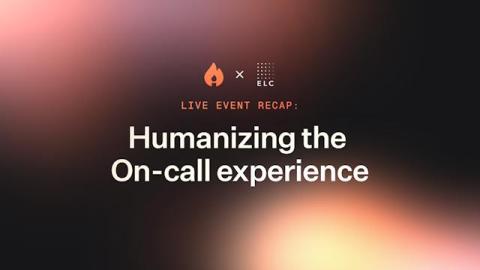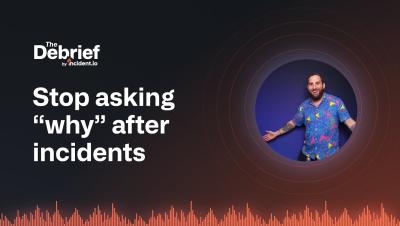Don't take a cookie cutter approach to incident management with Toby Jackson
This week, we have a really fun conversation lined up. For this episode, we chatted with Toby Jackson, Global SRE Team Lead at Future, about why it’s a bad idea to take a cookie-cutter approach to incident management or, put another way, why it’s not a good idea to treat all incidents alike. In our conversation, we discuss what’s wrong with this approach, some situations where this might actually make sense, how psychological safety factors into this conversation, and a whole lot more.














